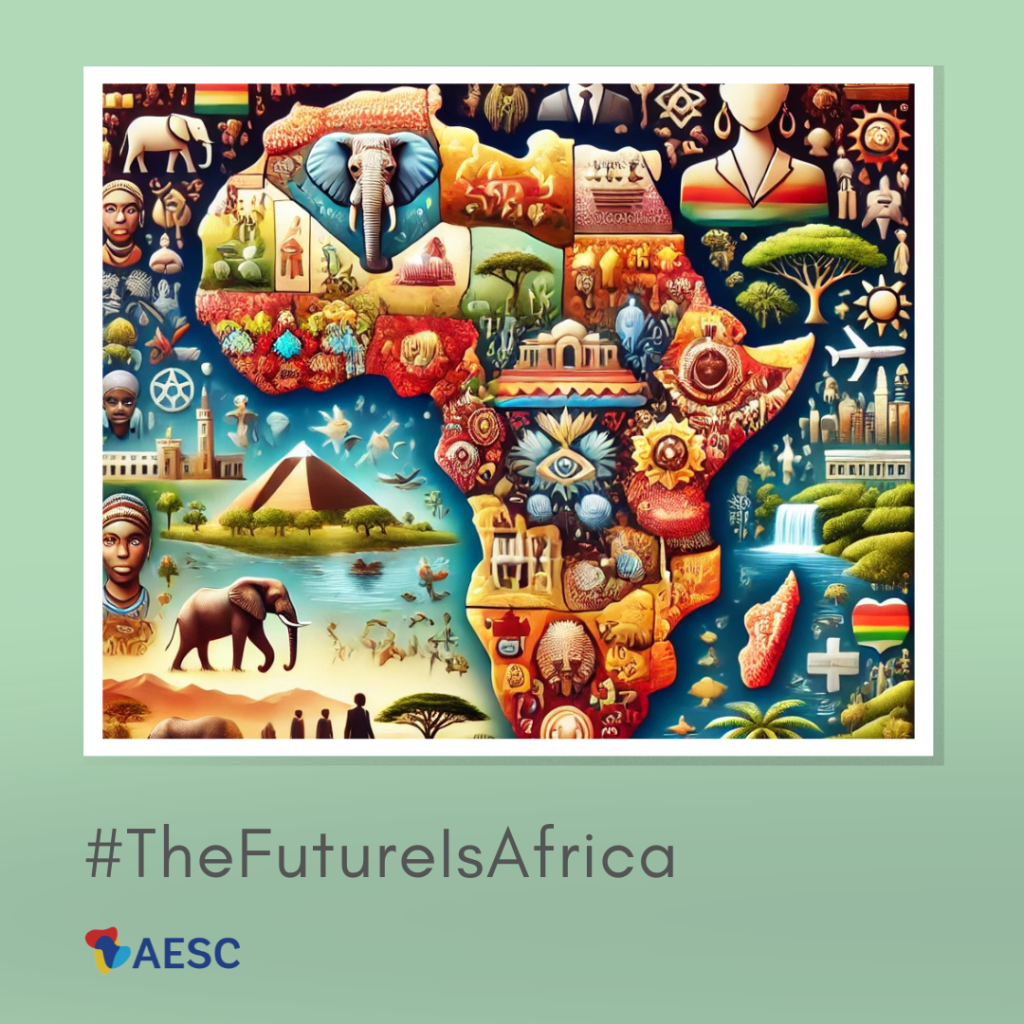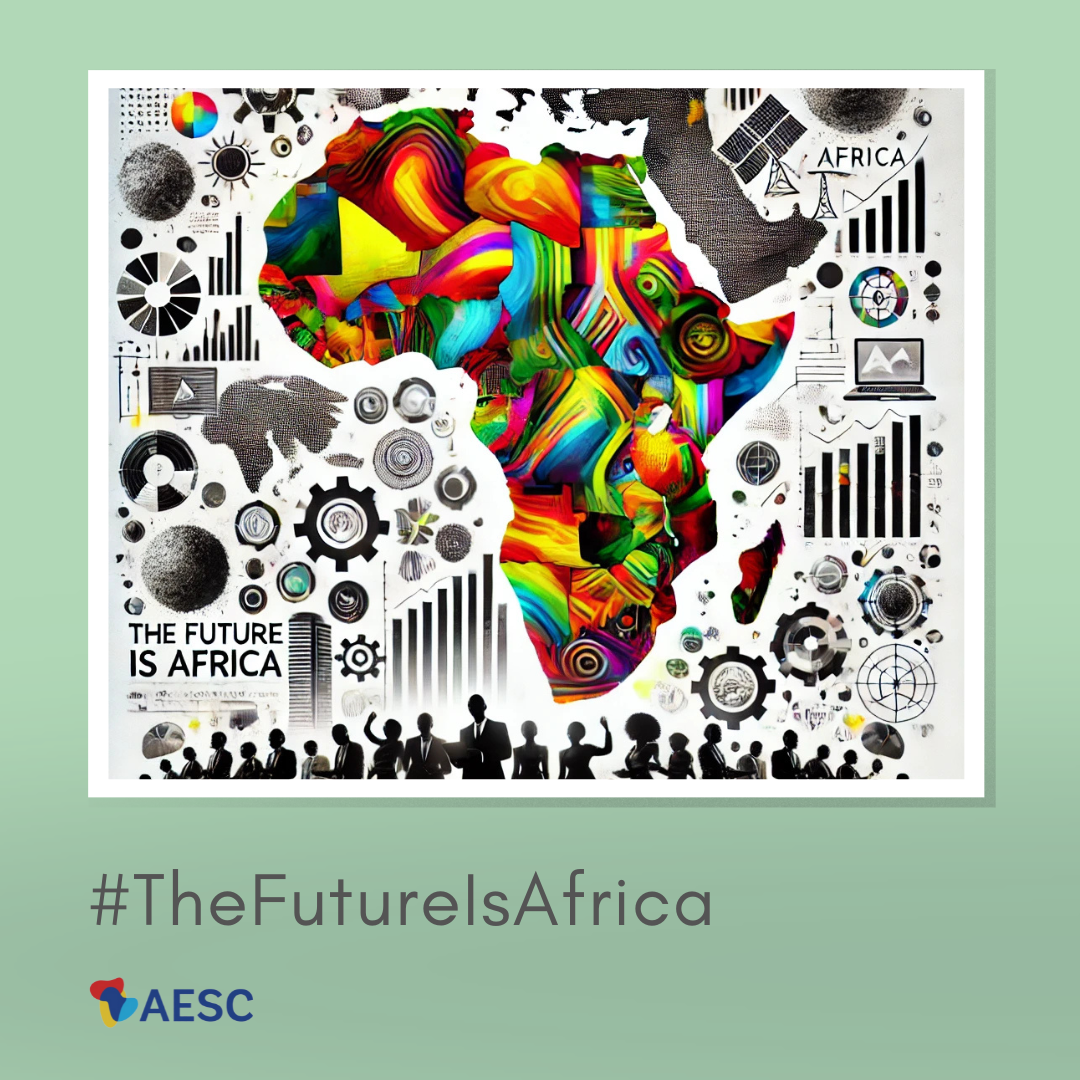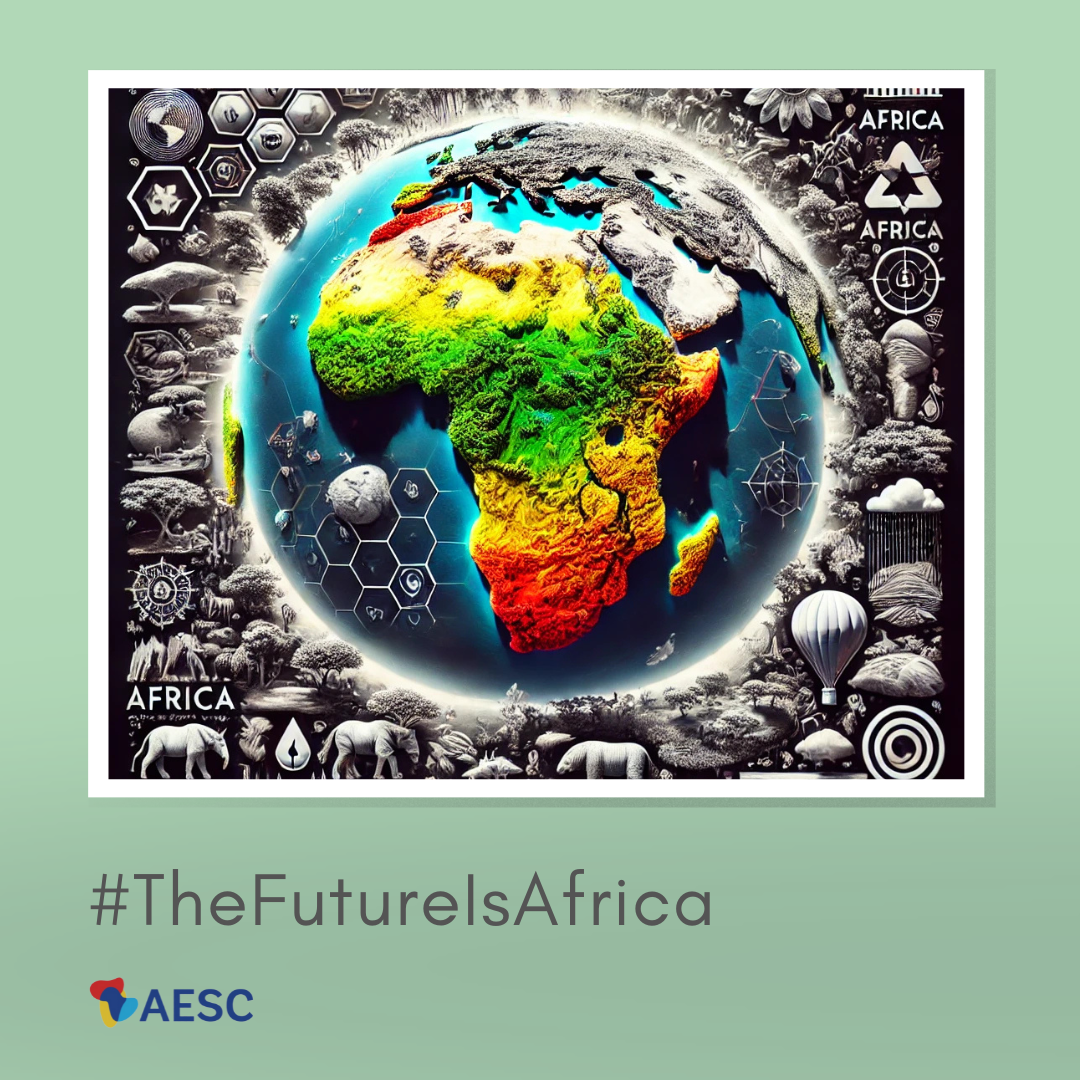
Diversity: Africa’s Cultural, Linguistic, and Natural Wealth as a Global Asset
Africa’s diversity is one of its greatest strengths, encompassing an extraordinary array of cultures, languages, religions, and natural landscapes. The continent is home to 55 countries, each with its own unique history and identity, making Africa the most diverse region in the world. With more than 2,000 spoken languages and a multitude of religious traditions, the cultural and linguistic richness of Africa stands as a testament to human creativity and resilience. Moreover, Africa’s natural diversity—from the vast expanse of the Sahara Desert to the lush rainforests of the Congo Basin, the iconic savannahs of the Serengeti, and the mountainous regions of East Africa—demonstrates the continent’s ecological wealth and environmental significance. This immense diversity not only shapes Africa’s identity but also positions it as a vital partner in global cultural, economic, and environmental spheres, reinforcing why the future is intricately tied to Africa’s multifaceted character.
1. Cultural and Linguistic Diversity: Africa’s Rich Heritage
Africa’s cultural diversity is unparalleled, with each of its 55 countries representing a mosaic of languages, traditions, and histories. The continent is home to over 2,000 spoken languages, which makes it the most linguistically diverse region on the planet. These languages belong to various language families, including Afro-Asiatic, Nilo-Saharan, Niger-Congo, and Khoisan, reflecting the deep historical and cultural roots that have developed over millennia. From Arabic spoken in North Africa and Swahili widely used in East Africa, to Zulu and Yoruba in Southern and West Africa respectively, these languages carry rich traditions, stories, and cultural values.
This linguistic diversity is more than just a collection of dialects; it is a vital part of Africa’s identity and a cultural asset that binds communities. Languages in Africa are often intertwined with specific social, economic, and ecological contexts, with certain dialects or languages spoken by pastoralist groups, agricultural communities, or urban populations. The preservation and promotion of these languages are therefore essential for maintaining cultural heritage, fostering social cohesion, and promoting indigenous knowledge systems that are valuable for sustainable development.
In addition to its linguistic richness, Africa’s cultural diversity is expressed through its variety of religions and belief systems. While Islam and Christianity are the dominant religions, there are also many indigenous spiritual practices that continue to play a significant role in the lives of millions of Africans. The coexistence of these religions, often within the same communities, demonstrates Africa’s capacity for cultural pluralism and harmony. African festivals, dances, music, and art forms are all influenced by this rich tapestry of belief systems, contributing to a vibrant and dynamic cultural landscape that attracts global interest and admiration.
2. Africa’s Natural Diversity: From Deserts to Jungles
Africa’s natural landscapes are as diverse as its cultures, making it one of the most geographically varied continents in the world. The continent is home to the largest desert on the planet—the Sahara—which spans multiple countries in North Africa and influences the climate and lifestyle of millions of people. In stark contrast, the Congo Basin hosts one of the world’s largest tropical rainforests, providing a habitat for thousands of plant and animal species and playing a critical role in the global carbon cycle.
The savannahs of Africa, such as those found in the Serengeti and Maasai Mara, are iconic for their biodiversity and are critical ecosystems that support large populations of herbivores and predators, including elephants, lions, and giraffes. These landscapes are central to the continent’s tourism industry, drawing millions of visitors each year and generating significant revenue for local communities and national economies.
Mountain ranges such as the Atlas Mountains in the north and Mount Kilimanjaro in the east add to Africa’s geographical diversity. These regions not only provide a variety of microclimates and ecological niches but also hold cultural significance, serving as spiritual sites for local communities and offering opportunities for adventure tourism. Lakes such as Victoria, Tanganyika, and Malawi, along with the continent’s numerous rivers, including the Nile and Congo, are essential for local livelihoods, providing water for agriculture, transportation, and fishing.
The environmental diversity of Africa means that the continent has vast and varied resources to support its growing population. From fertile agricultural lands to mineral-rich mountains and energy-generating rivers, Africa’s ecological wealth has the potential to be harnessed sustainably for economic growth. Protecting these natural landscapes while ensuring sustainable use of resources is key to the continent’s future, making Africa an essential partner in global environmental stewardship.
3. The Economic and Cultural Potential of Africa’s Diversity
Africa’s diversity is not just a cultural or ecological fact; it is a powerful economic asset. The continent’s rich heritage, reflected in its languages, art, music, and cuisine, attracts millions of tourists and cultural enthusiasts from around the world. African fashion, films, and music are gaining global prominence, contributing significantly to the global cultural economy. For instance, Nigeria’s Nollywood is one of the largest film industries in the world, exporting African stories and creativity globally. African music genres such as Afrobeats have also gained international popularity, with artists like Burna Boy and Wizkid achieving global success and promoting Africa’s cultural influence.
Moreover, Africa’s natural diversity underpins its ecotourism industry, one of the fastest-growing segments in the tourism sector. Countries like Kenya, Tanzania, South Africa, and Namibia have developed thriving ecotourism industries centred on their diverse wildlife and landscapes. From safaris in the savannahs to trekking expeditions in the mountains and explorations of lush rainforests, Africa offers a variety of experiences that cater to environmentally conscious travellers. Ecotourism not only brings in significant revenue but also promotes conservation efforts and provides local communities with sustainable livelihoods.
Additionally, Africa’s diverse ecosystems offer enormous potential for the development of renewable energy. The continent’s rivers provide hydropower opportunities, while its deserts and savannahs have the potential for large-scale solar energy projects. By investing in these resources, Africa can build a sustainable energy infrastructure that not only supports its own development but also contributes to global efforts in combating climate change.
4. Unity in Diversity: Building a Future through Integration
Despite its diversity, Africa is increasingly finding strength in unity. The African Union (AU) and regional bodies like the Economic Community of West African States (ECOWAS) and the Southern African Development Community (SADC) promote political, economic, and cultural integration among African nations. These organizations work to harmonize policies and foster collaboration across borders, recognizing that Africa’s diversity is a source of strength rather than division.
Projects like the African Continental Free Trade Area (AfCFTA) aim to create a single market that harnesses the continent’s diversity to boost intra-African trade, innovation, and economic growth. By encouraging the free movement of goods, services, and people, Africa is building a future where its diverse talents and resources can be utilized for collective prosperity. The integration of markets allows countries to leverage their specific strengths—whether in agriculture, mining, technology, or culture—to create a more resilient and dynamic economy.
Moreover, initiatives to promote cultural exchange and preserve Africa’s heritage, such as Pan-African festivals and collaborations among artists, demonstrate the continent’s commitment to celebrating its diversity. These events not only strengthen ties among African nations but also present Africa’s cultural wealth to the world, attracting tourism, investment, and international partnerships.
Conclusion
Africa’s diversity—encompassing its people, languages, religions, and landscapes—makes it a continent of unmatched richness and complexity. This diversity is both a source of strength and a driver of economic, cultural, and environmental opportunities. As African nations continue to integrate and build upon their unique strengths, they are positioning the continent as a vital partner in the global economy, culture, and sustainability efforts. The future is Africa, as its diversity becomes a cornerstone for innovation, unity, and growth on a global scale.



